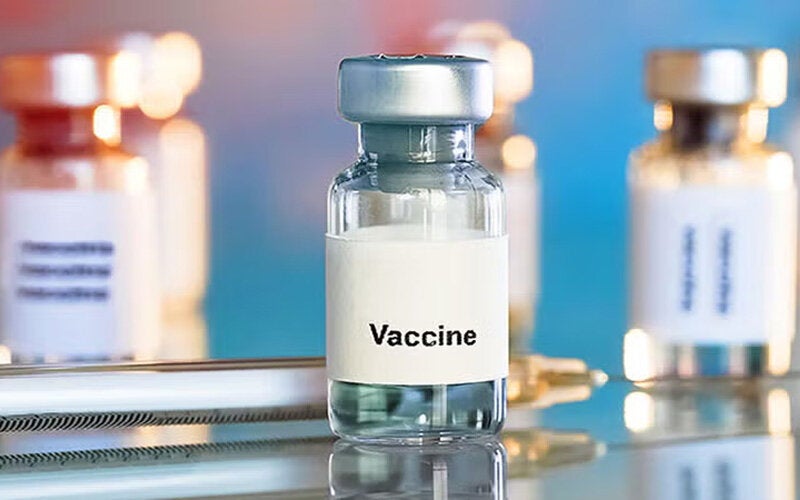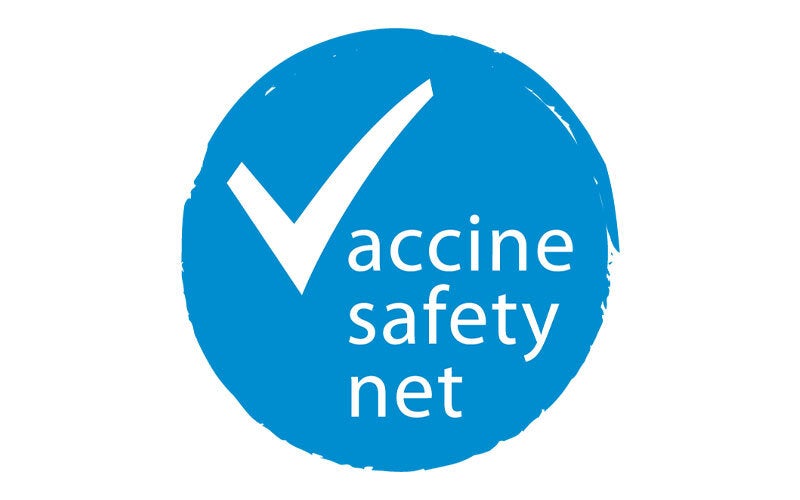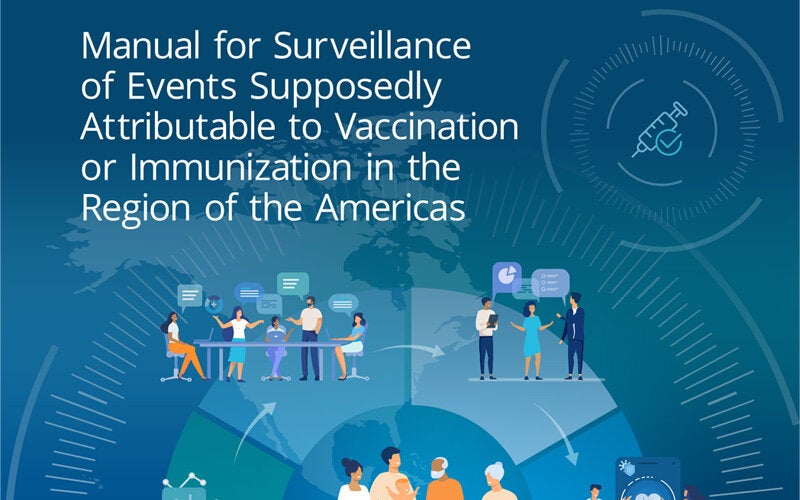An information system on vaccine safety is an essential tool to support decision-making, as the risks generated by the proposed interventions are being permanently evaluated. Building public confidence in vaccines requires having relevant information about their safety and effectiveness that reliably answers questions and concerns.
In the Region of the Americas, vaccines have reached high levels of acceptance and confidence in their effectiveness to reduce the frequency and impact of many infectious diseases, compared to other areas of the world. However, the public has expressed more doubts about the safety of vaccines than about their effectiveness.
In the current context of the emergency due to the COVID-19 pandemic, in which the rapid deployment of new vaccines has been required and have had to go through emergency authorization schemes, an emphasis has been placed on activities that guarantee the Vaccine safety. These include the surveillance of Events Supposedly Attributable to Vaccination or Immunization (ESAVI).
It is essential to continue strengthening ESAVI surveillance systems with a strategy that manages to generate technical capacities from the local level to strengthen information systems and the use of technologies to carry out high-quality surveillance work.
The Immunizations Unit in conjunction with the Medicines and Health Technologies Unit work together for the implementation of the regional system for the surveillance of ESAVI, which aims to monitor the security situation of vaccines in the region, in addition to measuring signal detection and population causality to analyze the relationship between observed adverse events and vaccines.
Vaccine Safety: An interinstitutional work




